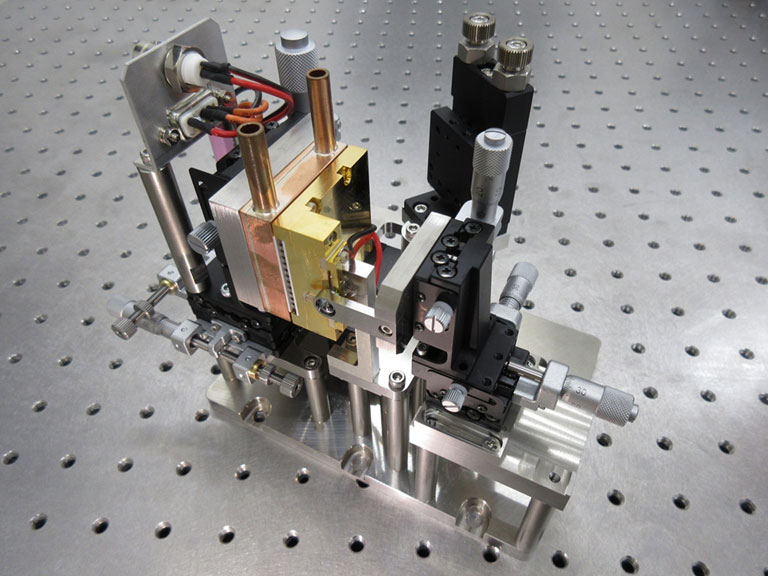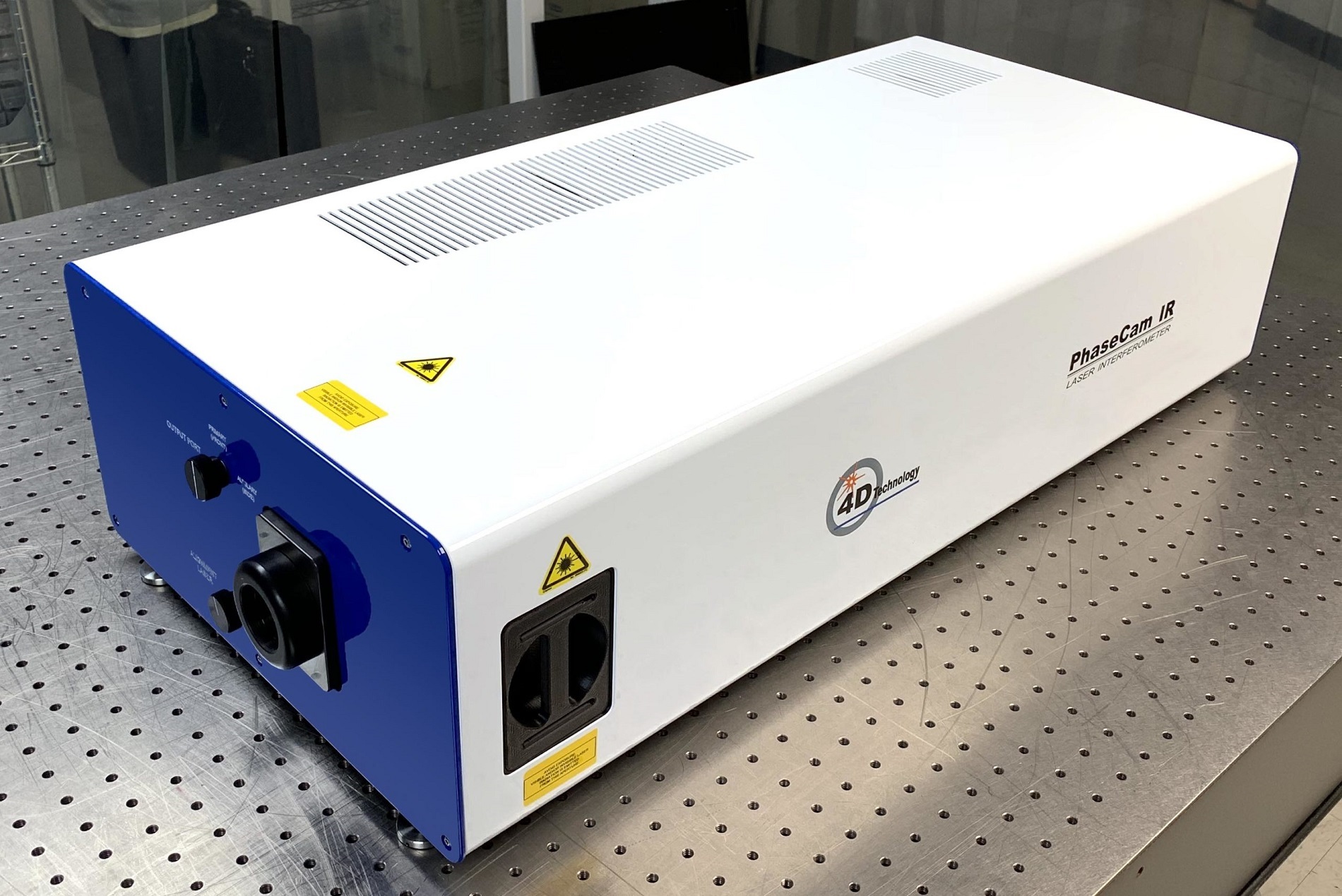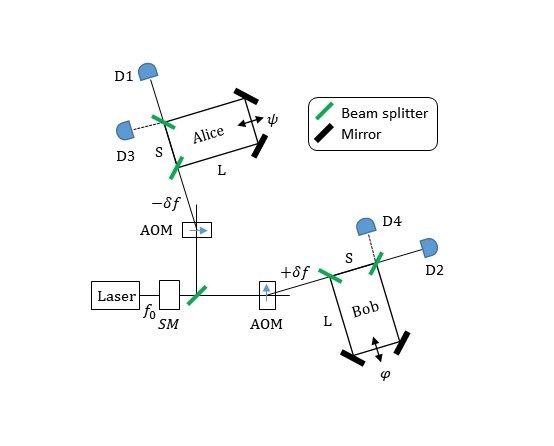9 January 2014
Research by the University of Southampton, which will explore how light can be used in new ways in innovative manufacturing processes and technologies, will share in £3.6 million funding.
The funding, from the Engineering and Physical Sciences Research Council, (EPSRC), will be used to fund a number of 18-month feasibility studies that aim to advance core science towards manufacturing in diverse sectors including pharmaceuticals, chemicals, electronics and security.
Vince Cable, Secretary of State for Business, Innovation and Skills announced the funding as he toured M Squared, a laser development company, in Glasgow. Mr Cable said: “This new funding will develop research to support the UK’s growing manufacturing sector which already employs around 2.5 million people. This early stage research will give businesses such as M Squared a great opportunity to develop new technologies to create more effective and efficient manufacturing processes.
“The Government's industrial strategy is giving business the confidence to invest, delivering skilled jobs and driving growth across the UK. We must not stand still and risk being left behind in the future.”
Two projects led by Professor Rob Eason from the Optoelectronics Research Centre at the University of Southampton will receive funding. The first, which has industry involvement with M Squared and ELforLight, will create high-power laser devices that can be adopted by the UK manufacturing sector.
The second, involving Laser Micromachining Ltd and De La Rue International Ltd, will investigate the use of digital multimirror devices (DMDs) to optimise laser-based processing technology in areas such as security, safety, and anti-counterfeiting.
Professor Rob Eason said: “It is very pleasing to have been awarded two of these EPSRC Manufacturing with Light grants for laser-based UK manufacturing applications. The first one – Lasers making lasers – is set to deliver designer laser waveguide chips, grown by lasers, for laser-based machining and processing end applications. The second grant will focus on an equally exciting area of laser manufacturing on the micro- and nano-scale in materials such as metals, composites, diamond, polymers and banknotes.
“The approach taken by EPSRC for awarding these grants has been very different to normal grant funding, and involved panel interviews only, with no external referees, which made for an interesting, and in our case successful, outcome.”
Professor Sir David Payne, Director of the ORC and a founder of SPI Lasers, said: “The UK remains a major manufacturing nation and this new EPSRC initiative will help us stay ahead of the competition. Photonics – where light meets electronics – is a key UK strength and these new projects demonstrate the astonishing range of innovative ideas that emerge when scientists and engineers think about manufacturing. The key is to work with industry and understand the opportunity not only to improve existing manufacturing methods, but to develop entirely new ways to make things.”
David Delpy, Chief Executive of The Engineering and Physical Sciences Research Council added: “These projects demonstrate how research into the fundamental science and engineering of optical phenomena can have a significant impact in manufacturing and also shows how well the UK academic base works with industry to enable the UK to benefit from fundamental discoveries.”













